Top 5 Air Compressor Problems Marine Engineers Must Know
An air compressor is an important machinery in the ship’s engine room which supports several other systems, including the main engine. However, the compressor is one machine which requires constant monitoring and maintenance in order to ensure it runs smoothly. Though a number of safety devices are provided on the compressor, it is only prudent to take all the necessary precautions that are required for the smooth running of the compressor.
For understanding common problems with air compressors, it is important to know all the different parts of the system. One must also know all important checks that are required to be made before operating the compressor. As a marine engineer working on ships, you should be able to understand and troubleshoot some of the common problems associated with the marine air compressor. Mentioned below are five such common problems.
1. Compressor Capacity is Low:
This is one of the most common problems seen on all types of ships. Often, compressor capacity can go low or reduced if it is running for a long time and eventually it is unable to cope up with the air demand.
Main reasons for this problem are:
- Leakage in discharge and suction valves
- Fault or leakage in the unloader
- Leakage from the relief valve
- Increase in bumping clearance (Read more about bumping clearance here.)
- Wrong setting of compressor auto cut-in and cut-out (too close)
2. Oil Carry Over in Air:
If the compressed air in the system is carrying oil, would be mainly because of the following reasons :
- Oil-water separator is not working correctly hence oil is being carried to the air receiver
- The cylinder lubrication is adjusted at high quantity, leading to carryover of oil with air
- The auto drain is malfunctioning
3. Excessive Vibration and Noise:
If the compressor is generating too much noise and vibration, it can be because of the following reasons:
- Loose pulley, flywheel, belt, belt guard, cooler, clamps or accessories
- Lack of oil in the crankcase
- Piston hitting the valve plate i.e reduced bumping clearance
- Compressor holding down bolts are loose
- Compressor foundation chocks have worn out
4. Overheating of Discharged Air
If the temperature of the discharged compressed air is high, it can be because of overheating caused as a result of the following reasons:
- Chocked or dirty intercooler tube
- Cooling water pump capacity decreased or insufficient
- The atmosphere at air suction of the compressor is hot
- No forced ventilation for fresh air near the compressor
- Damage in the head gasket
- Chocked air suction filter
- Valves of 1st or 2nd stage leaking
5.Milky Oil in the Crankcase
If there is an accumulation of milky coloured oil in the crankcase, it can be because of the following reasons:
- Water leakage from cylinder liner
- Water leakage from the jacket
- Oil running hour is over
These are some of the most common problems that are found in continuously running air compressors onboard ships.
Do you know any other common compressor problems? Let us know in the comments below.
Do you have info to share with us ? Suggest a correction
Latest Marine Technology Articles You Would Like:
- Compressed Air Line On Ships – A General Overview
- Marine Air Compressor Maintenance – Things You Must Know About
- The Ultimate Guide to Air Compressors on Ships
- What is Clearance Volume or Bumping Clearance in Air Compressors?
- Troubleshooting Air Compressors on a Ship: The Ultimate Guide
- Safety Features and Maintenance Procedure for Air Compressor on a Ship
Subscribe To Our Newsletters
By subscribing, you agree to our Privacy Policy and may receive occasional deal communications; you can unsubscribe anytime.
Web Stories

About Author
An ardent sailor and a techie, Anish Wankhede has voyaged on a number of ships as a marine engineer officer. He loves multitasking, networking, and troubleshooting. He is the one behind the unique creativity and aesthetics at Marine Insight.



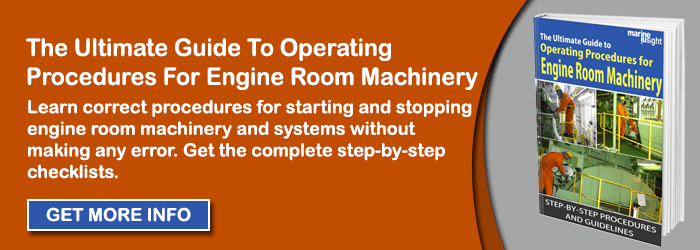
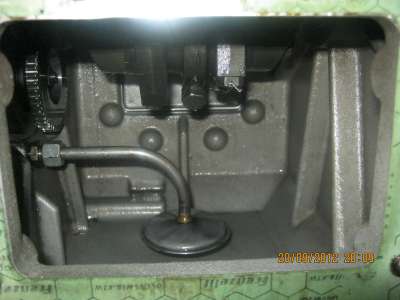
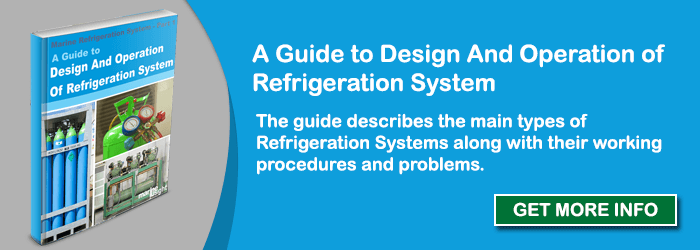
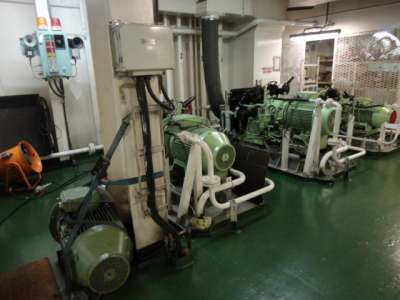
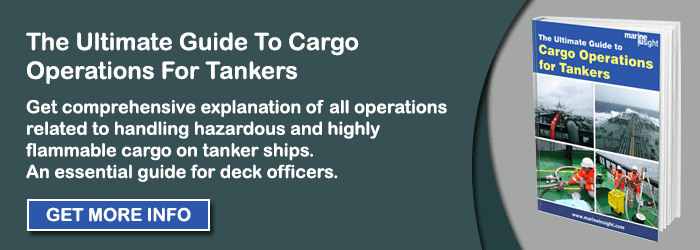
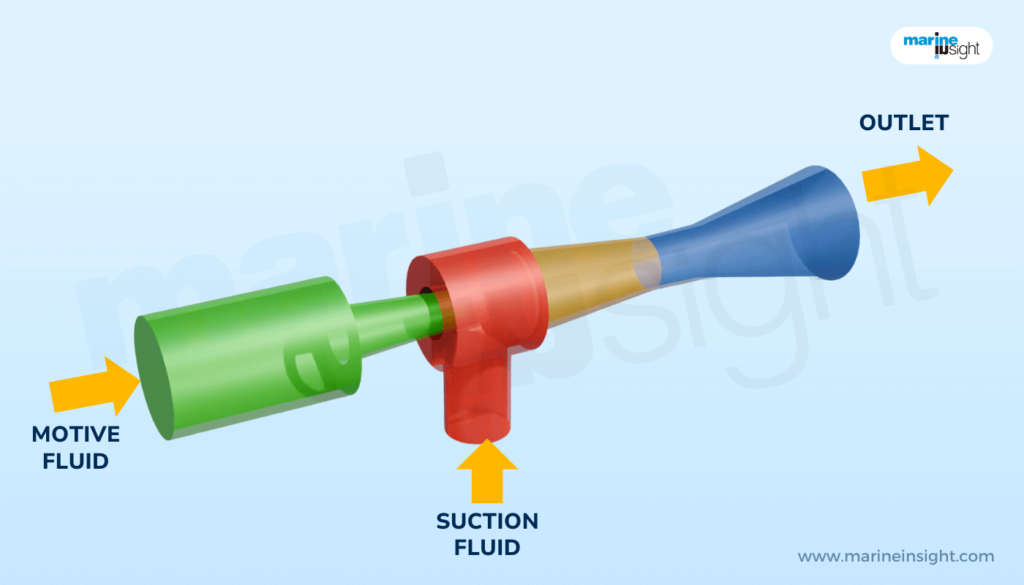

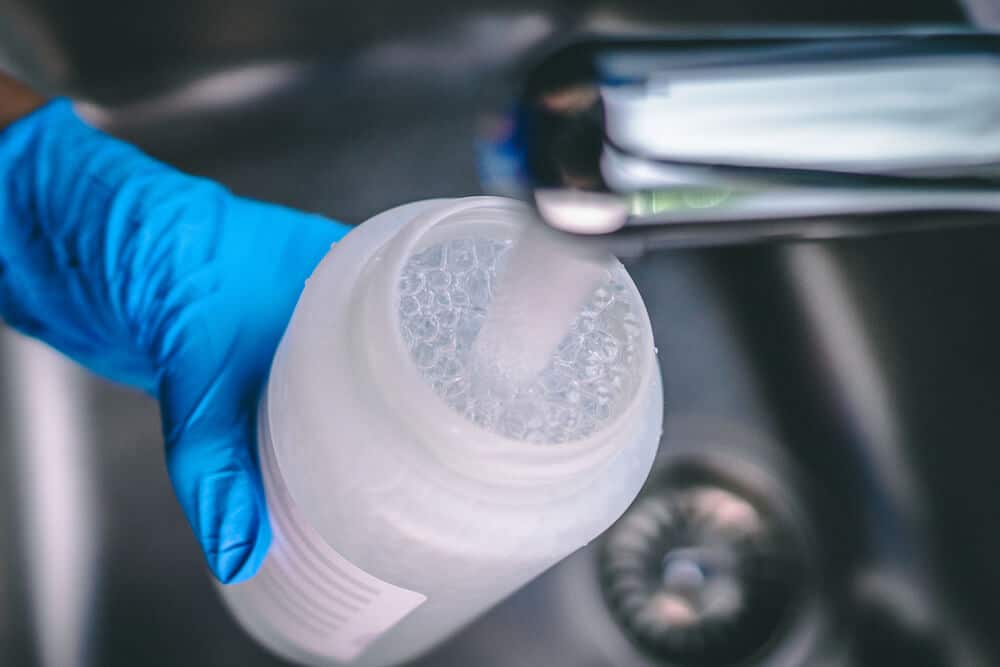
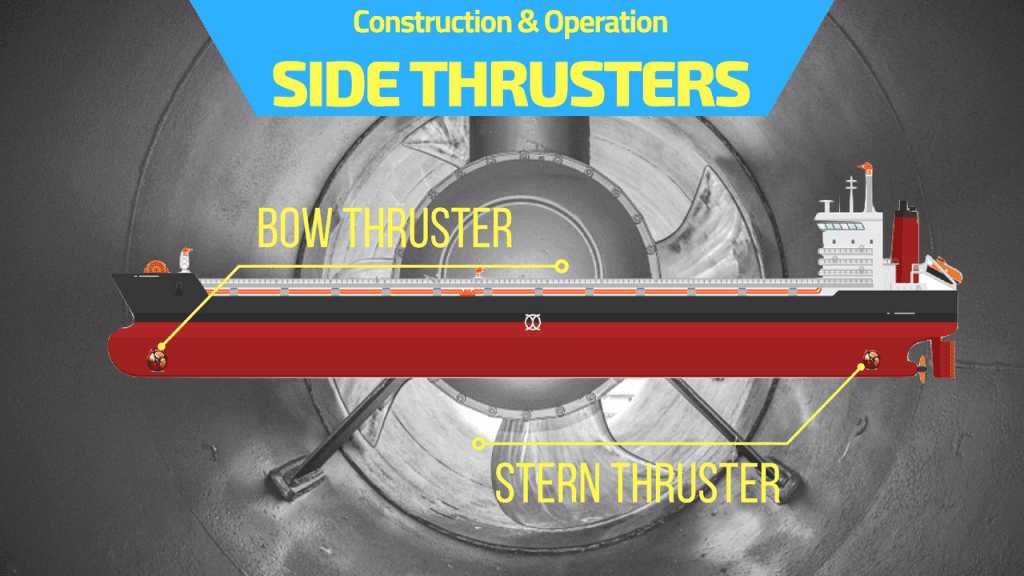

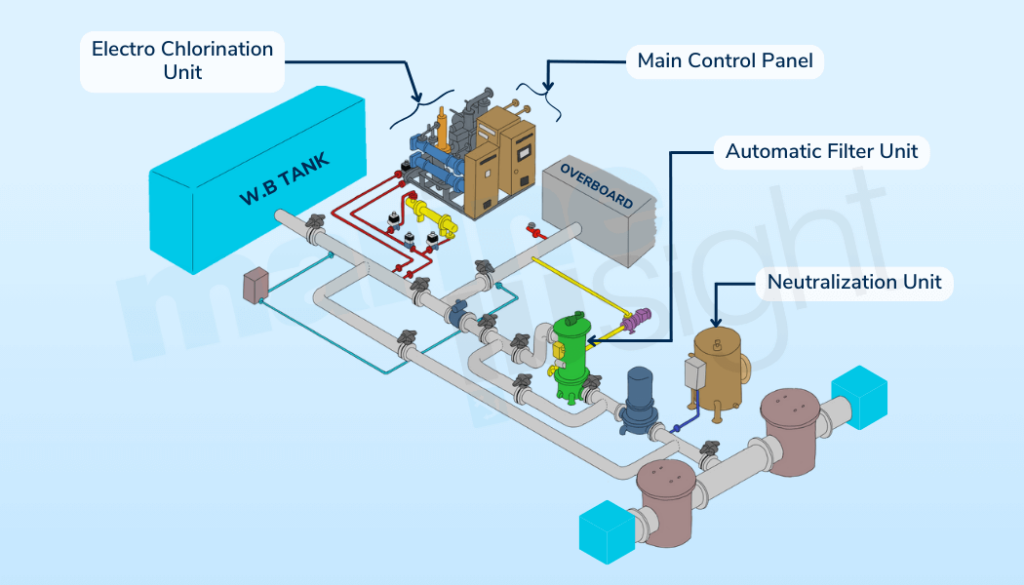
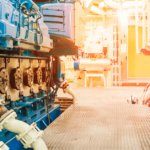
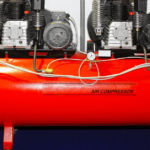

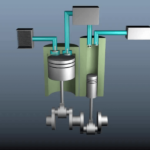



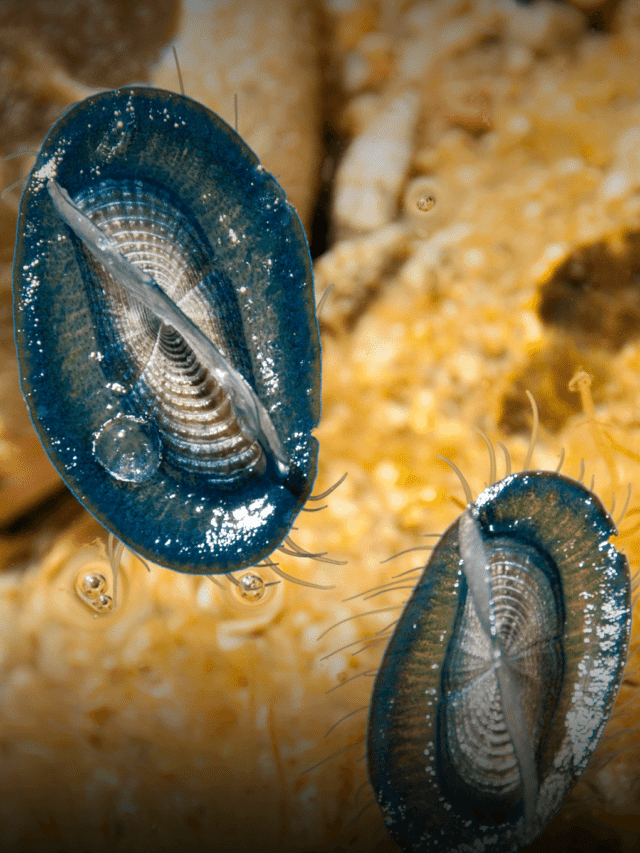
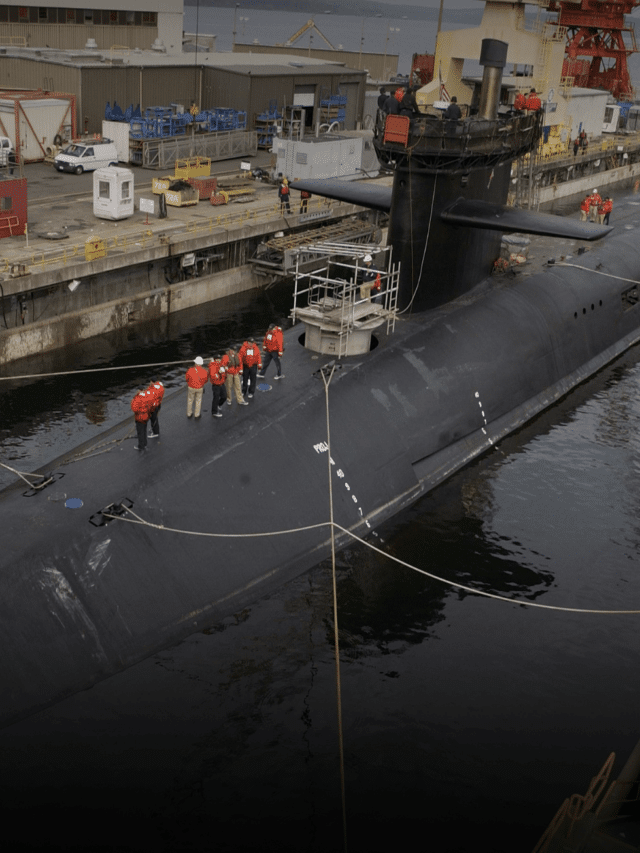
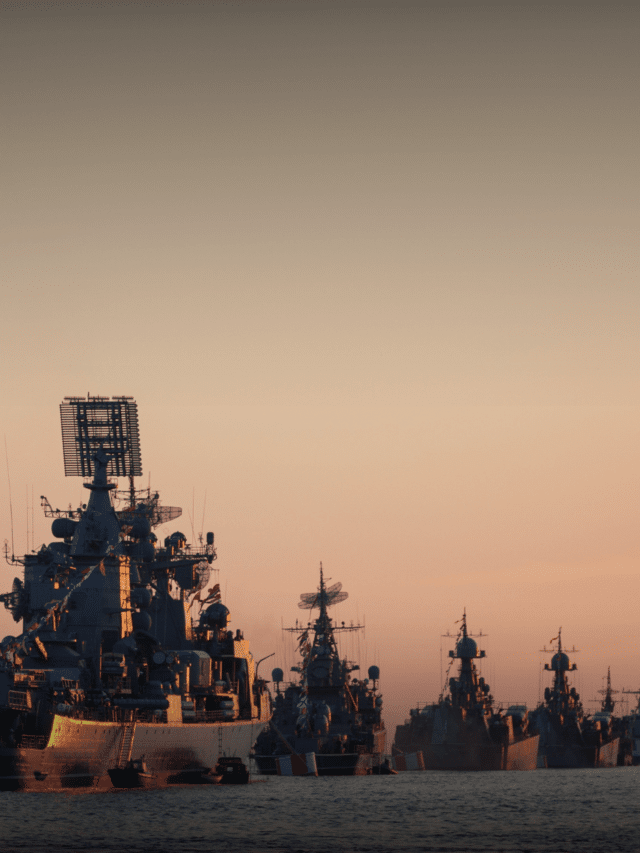
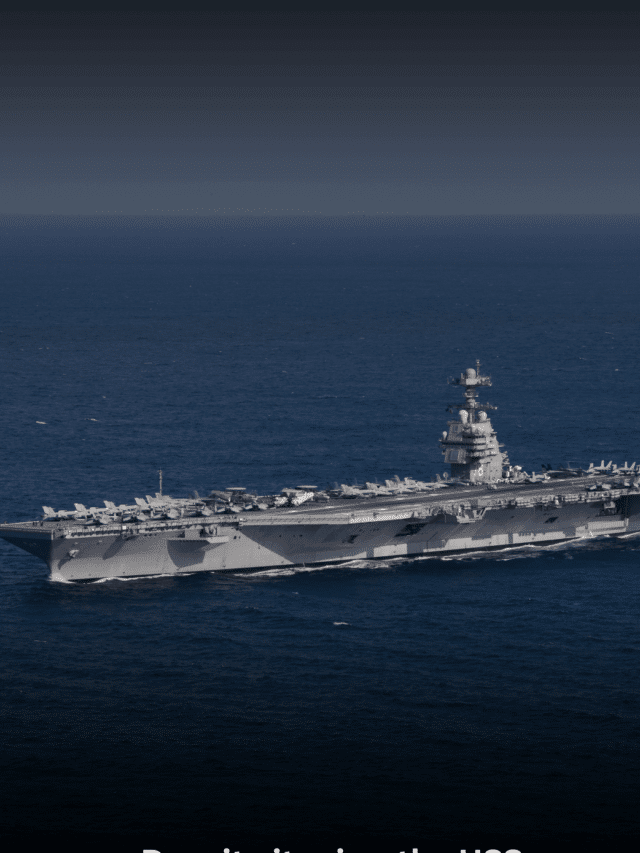
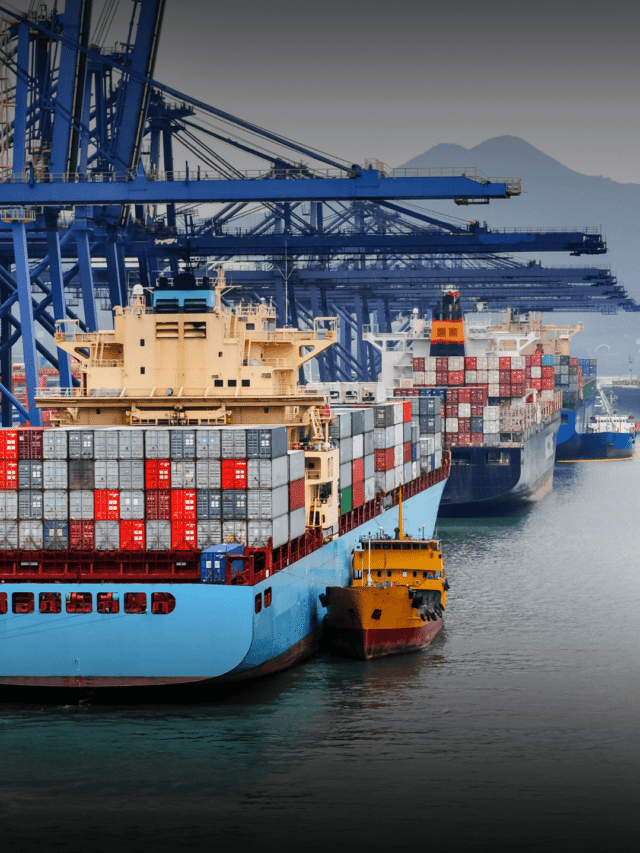


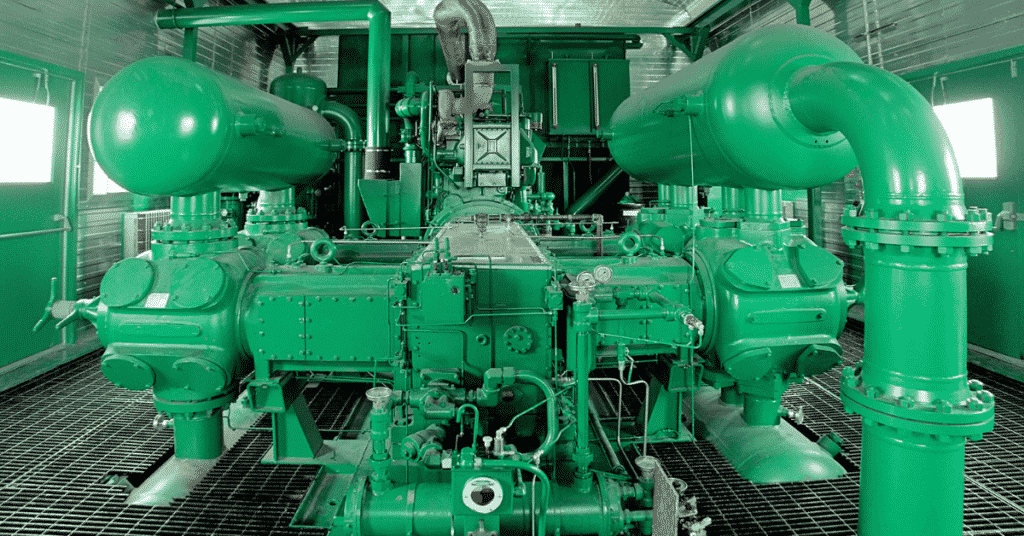


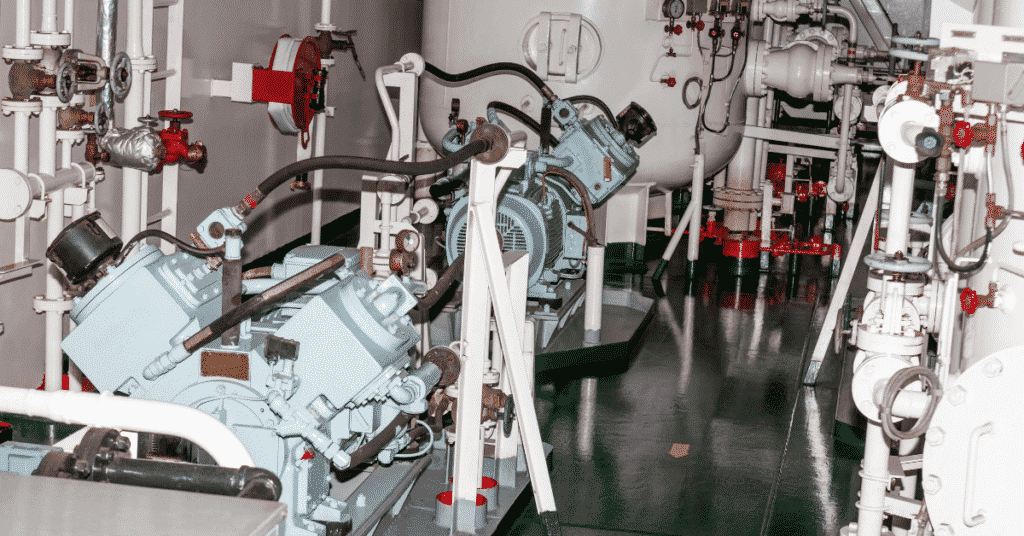
i want join
dear sir i have done my B.E. with mechanical branch, can i join merchant navy ?????
Reading product reviews before getting an air compressor really can come inside handy. By looking into articles on what the merchandise fairs, or maybe reading about customer scores and comments can help you along with your dilemma in selecting the most appropriate one to suit your needs.
I am going to new air compressor. This compressor is very noise, my wife angry about this. I want to buy compressor vary less than 60db. Do you have a lot of experience, give me your opinions?
When the air compressors are cooled by LT System, and if LT temp is high, the Lubricating oil temp increases and Oil Pressure drops to low , but not to the shut down level. At this condition if the Compressors ( tandem piston type) where LP cylinders lubricated by Lub oil, this lubrication fails and piston seizes in the cylinder, and breaks into 2 pieces, damaging both the piston and liner, jacket etc.
thanks.I want more knowledges.
The best air compressor
Another problem with air conpressor although not common akways but sometime can experience is overpressurising in compressor crankcase. Due to which sump ooil will cone out theough the oil filling cap and sump oil will be teduced. You can see oil mist near the oil filling cap.
The main reason behind this is damage of piston pin O-ring . You have to renew the piston pin O-ring to solve the issue.
Check your soare R.o.b whether you have some of this O-ring or not.
i am vishal i am interested to do the work in shipping
9158806040
What is reason for noise in belt compresser ….give solutions
You post gives very good information about the basic problems in air compressor. Servicing air compressor time to time is important as this will reduce the chance of common problems such as excess noise or overheating that occur in air compressors. Industrial Standard Organization also requires management to asses and minimize risk involved in handling air compressor.
One of the most common problem is carbonizing the stage valves frequently.any idea
Greetings Mr. Anish
Nice to see your articles and you have taken lots of interest in preparing the documents. I have some points to add in this issue are following—
1. Milky Oil in the Crankcase
If there is a accumulation of milky colored oil in the crankcase, it can be because of the following reasons:
Water leakage from cylinder liner
Water leakage form jacket
Oil running hour is over-
At times this is very quick schedules in emulsifying the compressor Lube oil- the probability in Tandem compounding pistons the gudgeon pin seal ring High temp rubber ring tend to get brittle and cracked, the air leaks from gudgeon pin through piston rod and into the sump condensed and emulsified. Tanabe, Yanmar, Matsubara and some other japanese and european makes suffer with lube oil contamination and damages.
2. Compressor Capacity is Low:
This is one of the most common problems seen on all types of ships. Often, compressor capacity can go low or reduced if it is running for long time and eventually it is unable to cope up with the air demand.
Main reasons for this problem are:
Leakage in discharge and suction valves
– Many times it is observed that compressor valves overhauled with old, defective and uneven free length springs in valves cause all these problems. As a good practice the valve springs or spring plates should be changed as a set for complete valve to avoid breaking of springs and plates and these are one reduce the capacity of the compressor.
– Another unnecessary grinding of the valve seats and even valve plates damage the profile and leaks developed.
Fault or leakage in the unloader
– Unloader drains for LP Inter cooler drain and HP or after cooler drains tend to get chocked and condensate carried forward in HP stage and mix with lube oil and condense in the sump causes emulsion or choke the drains.
Leakage from relief valve
Increase in bumping clearance (Read more about bumping clearance here.)
Wrong setting of compressor auto cut-in and cut-out (too close)
– Additional- Inter coolers and After coolers coils air side carbon fouling at high discharge temperatures reduce the compressor capacity. Cooling water side scaling is another issue to raise the air temperature higher.
The above points are normally observed in ships where I visit as condition monitoring analyst with vibration, Thermographic and Ultrasound analysis onboard ships.
Thanks and regards
Chary TSR
Condition monitoring analyst Ex CE/ Supdt
Thank you for your valuable inputs.
Dear sir, I has a question about point 5. Milky oil in crankcase.
after several checks and inspections we found no evidence of leaking cylinder liner or jacket. Question. Is there any posibility of condensate wáter found to be into the crankcase, as result from the Heat exchange of LT wáter and compressed Air.
Hi! I’m having some trouble with my old air compressor (it leaks), but I’ve just seen an article that talks about Oil-Free compressors (https://www.airpowereast.co.uk/2018/04/oil-free-compressed-air/) so I’m wondering if you could help me decide..
Should I fix the leak, or get a new compressor?
Dear Sir,
Please elaborate how the discharge air temperature increases when the suction filter clogged.
Please explain using PV diagrams and any other diagram. This advise is required to teach marine engineering students.
Thanks in advance
Dear sir,
I have a problem on our main air compressor leading a high cooling
Outlet temperature. On the specification manual it should be only.around 40 to 50 temperature but ours is about 80. We check already the lines and the tubes but no scaling formation found including all valves and pump are operational. . Could you suggest us a problem if there is another possible cause.
@Jeff: This might help- https://www.marineinsight.com/tech/air-compressor/troubleshooting-air-compressors-on-a-ship-the-ultimate-guide/
what if the compressor is not taking load what could be the reason?
In my double stage compressor more amount of water droplets comes out through the air hose…pls give me the solution for this problem..
i want to learn the trouble shooting techniques for delta screw compressor
Please use our forums – https://forums.marineinsight.com
I have problem in my old compressor but before that I changed Lp and HP valve then I changed oil it then the oil in sump tank is blackish… I changed oil already but it was the same. Matsubara mh 130..
@Rem: Please do check the condition of piston + piston rings and also the status of crankshaft bearing.
1 ST STAGE DELIVERY TO INTERCOOLER IN CYLINDER HEAD HOT ABOUT 150 C ZND NTERCOOLER TEMP IS ABOUT 150 C .HOW TO SOLVE ?ENGINE ROOM TEMP 42 C AND LT 32C
DOES ANYBODY KNOWS THE OIL CONSUMPTION CHART/RANGE OF TANABE COMPRESSORS? HOW MUCH OIL CONSUMPTION PER HOUR IS THE ALLOWABLE LIMIT? THANKS IN ADVANCE
Hayy I need some advice cause of trouble
I was overhauling compressor change the piston ring and our liner having scratch but we make the surface of liner to be good again with oil and stone
After fixing and running test for several time
The new lube oil in the crankcase become black. I don’t know what a reason of that
Anyone was having same trouble before?? If have can you reply me for some advice